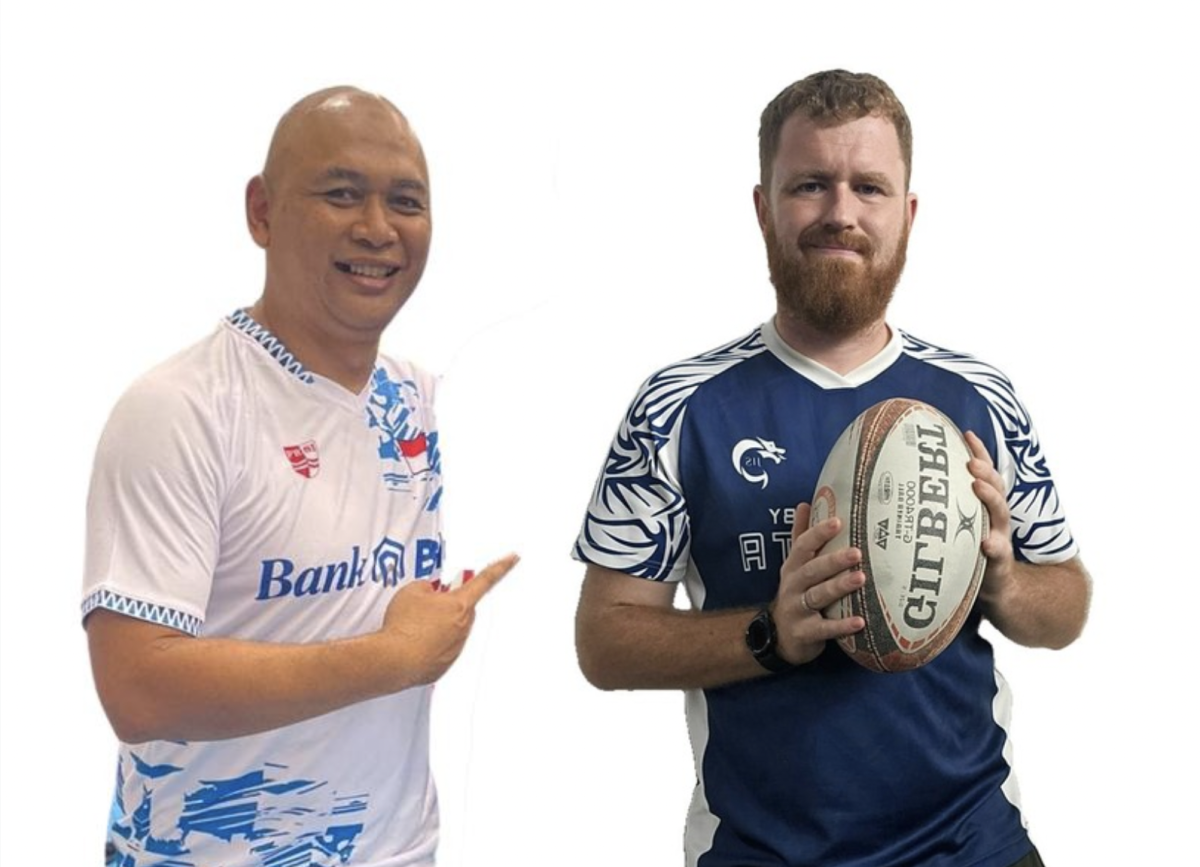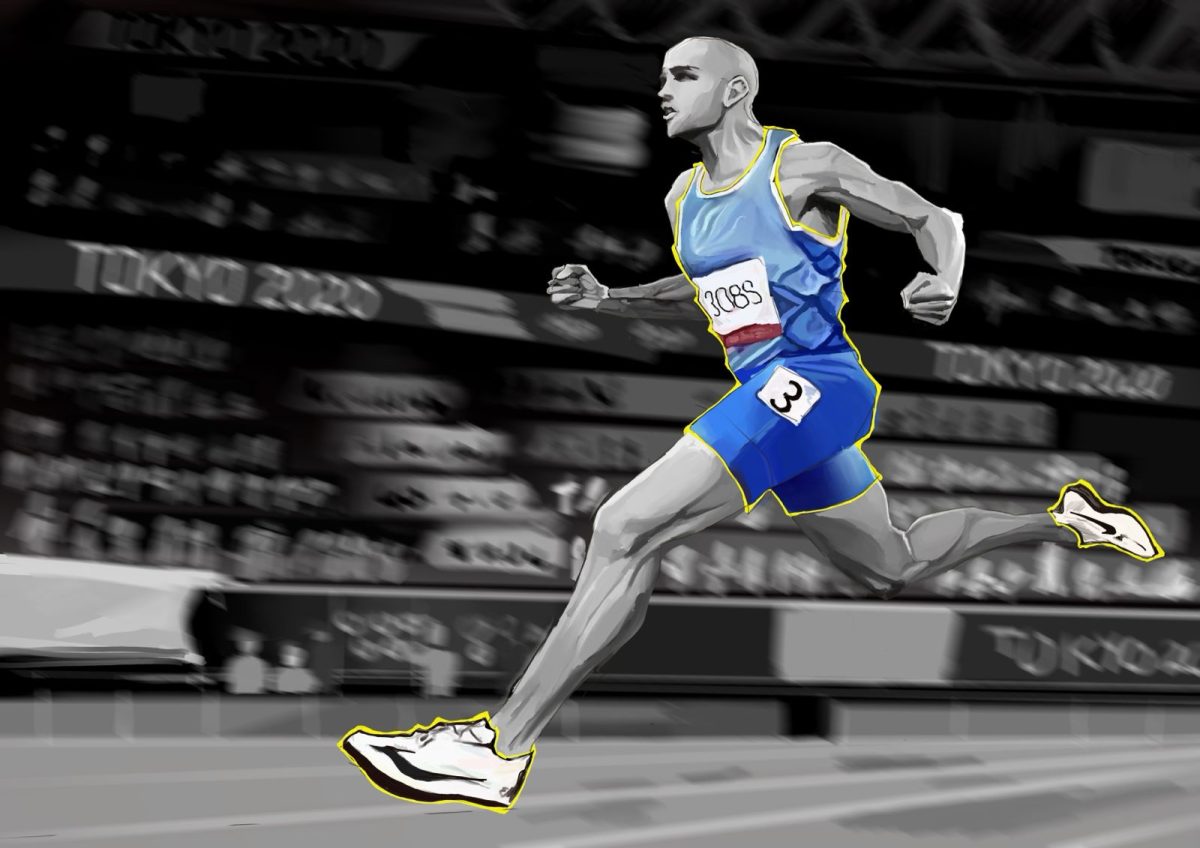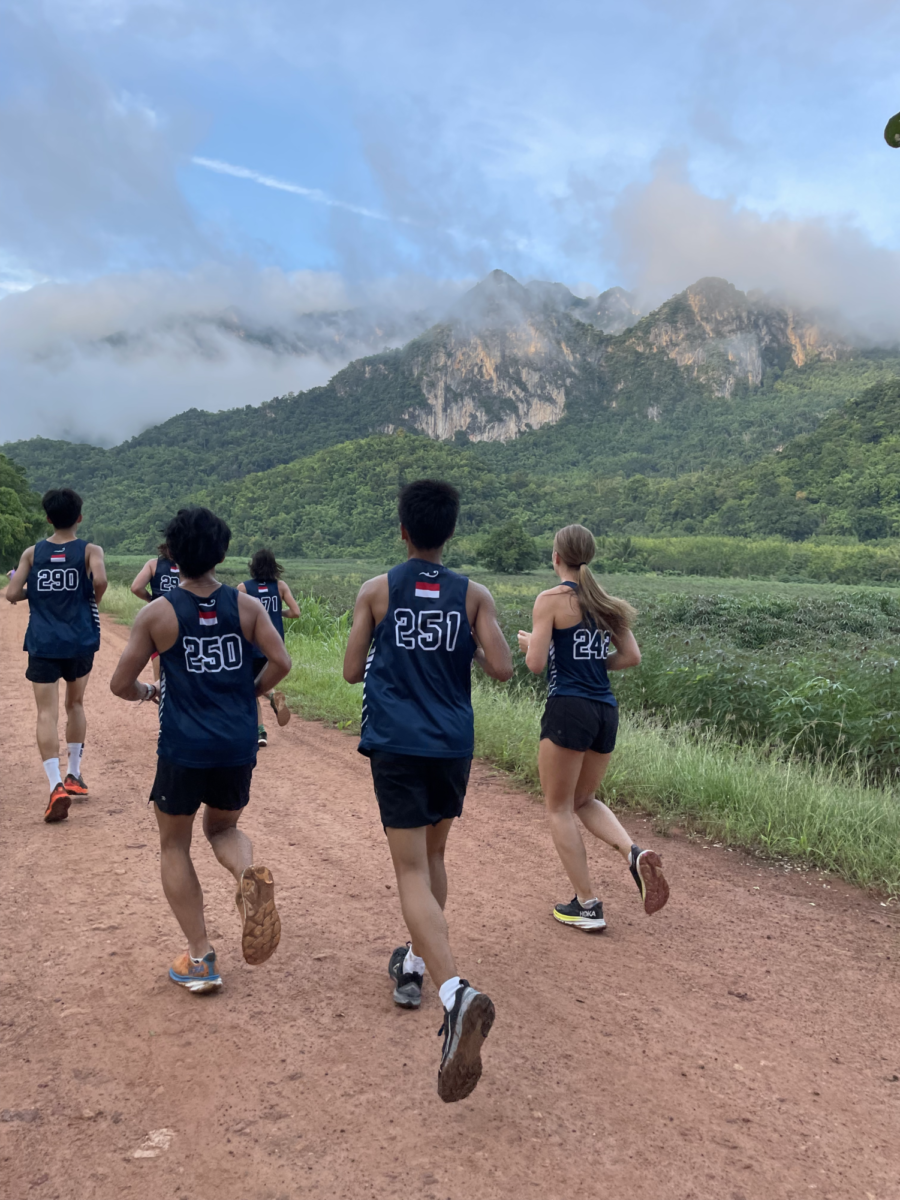Being named team captain is one of the biggest honors an athlete can earn — but also one of the biggest responsibilities.
As season 1 kicks off and the JIS varsity soccer, volleyball, and cross country teams all prepare for IASAS, coaches are looking for leaders to represent the team and school. But what exactly defines a great captain?
The Core Skills of Leadership
When asked what makes a strong captain, coaches across all season 1 sports emphasized the same three skills:
1. Leading by example through work ethic.
2. Inspiring and uplifting teammates.
3. Building respect through communication
Leading by example is at the core of great leadership. Captains stand out not just for their talent but for their dedication and commitment to the sport. “[Captains] should be respected for their work ethic and consistency,” says coach Slaughter, one of the boys cross-country coaches.
Adding to that, a captain’s attitude sets the tone for everyone in the team. Coach Dennis, a girls volleyball coach explains that captains must “set the example [by being] the hardest worker.” This means that when the captain puts in full effort, it raises the standard for everyone else.
The ability to influence and motivate the team is equally as important. “True leaders eat last,” says Coach Bohm, the other cross country coach. Captains lead best when they put their team’s needs above their own, which is essential in creating an environment where every player feels valued and willing to push harder, raising the level of the entire team.
Volleyball coach Coach Suarez echoed this statement, noting that great captains “recognize and voice opportunities for improvement” while keeping teammates inspired.
Finally, captains must build respect through active and constant communication. They serve as a bridge between coaches and players, and are used to guide players through tactical and emotional challenges. Coach Nico, a boys soccer coach explains that a captain must have a “strong voice” as well as the respect and trust of the rest of the team.
Sport-Specific Demands
While the foundational skills of leadership are the same, each sport requires unique abilities from their captains.
Soccer demands quick tactical awareness and game sense from its captains. Boys soccer coach Coach Callaghan explains: “The continuous play [in soccer] leaves little room for coach intervention. A captain must therefore read the game as it unfolds and communicate tactical adjustments in real time.”
Cross country, in contrast, is less about split-second decisions but rather mental fortitude. Races are long and often grueling, and every runner has to battle both physical and mental fatigue. “Captains need to encourage others without being too hard on themselves,” says Coach Slaughter, “They need to have the wisdom to recognize some days just aren’t [their] day, or a teammate’s, and keep moving forward with positivity.”
Volleyball requires captains to regulate the energy and emotions of a team in a small, high-pressure environment. Boys volleyball coach Coach Sawyer explains that “[the team is] very close to each other on the court, so the ability to move on from frustration to positive support is important.”
Common Misconceptions
While the role of a captain is one of the most desired roles in sports, many athletes still hold misconceptions about what leadership actually looks like.
One of the most common assumptions is that captains must be the loudest voice on the team. Leadership often does not require the loudest voice, but rather consistency and reliability in small actions.
Coach Nico recalls a memorable captain: “They did not [stand out] by being loud or flashy, instead, they quietly showed up on time every day, and stayed after practice to perfect his individual craft.”
Another misconception is that captains must be the best player on the team. While performance and skill do matter, Coach Mindy, a girls soccer coach emphasizes that “it’s more about how well they support their teammates and how well they can make their teammates better.”
Advice for Aspiring Captains
For athletes hoping to step into the captain role, three pieces of advice from the coaches were:
Put the team first. Coach Mindy advises to “care about your teammates as people, not just as players.” Captains aren’t chosen purely for skill alone, but because they lift up the entire team.
Secondly, know your purpose. Coach Slaughter urges athletes to “think about your why,” and explains that “if it’s for your own ego, it’s not the right fit.”
Lastly, authenticity is key. Coach Nico states that “captaincy is not a title you earn by demanding it. […] Focus on being the best teammate you can be. […] If you have what it takes, the respect and recognition will follow on their own.”
At its core, being a captain is not about wearing the armband or holding a title. No matter the sport, the message from the coaches is clear: great captains must lead by example, foster trust, and create a culture where every athlete can thrive. When this happens, it goes beyond the individual athlete. It strengthens the trust in the team, builds resilience, and eventually raises the team to a new level.




























